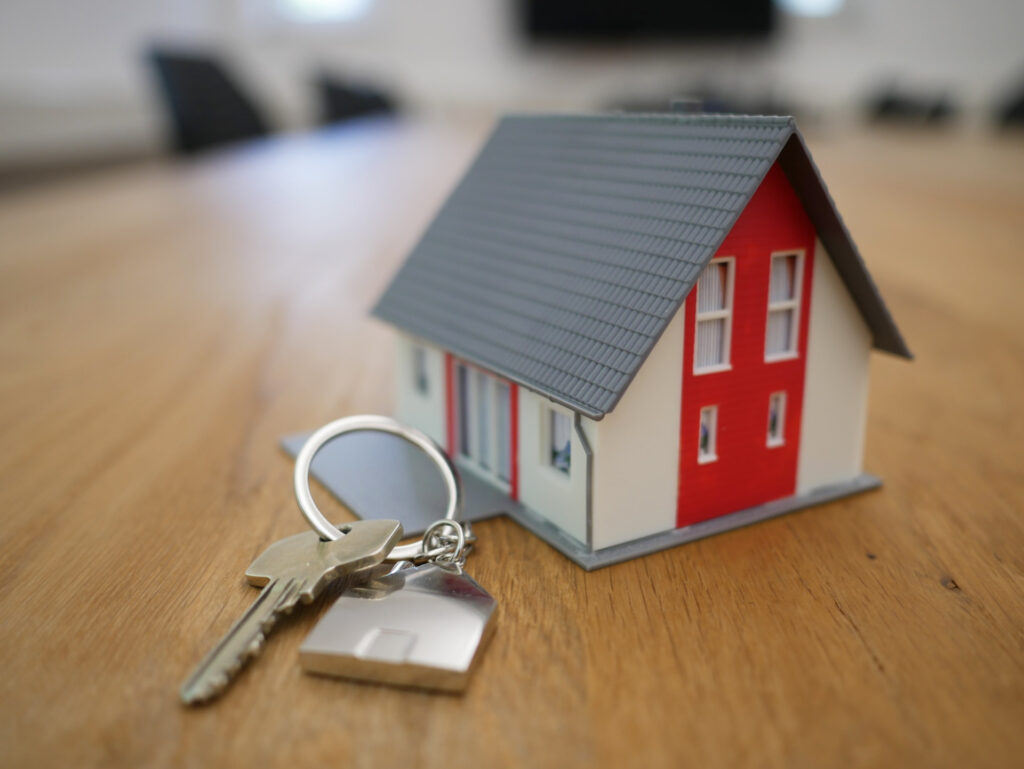Landlords and Tenants: Navigating Flooring Responsibilities for Harmonious Living

In the dynamic realm of rental properties, landlords and tenants often encounter various challenges related to maintenance and upkeep. One recurring topic of discussion is the responsibility associated with flooring. Today, https://www.flooringhut.co.uk/ focuses on this essential aspect to promote understanding and facilitate harmonious living arrangements for both parties.
“Clear Communication for a Smoother Journey”
The foundation of any successful landlord-tenant relationship is clear and open communication. At the onset of a tenancy, landlords should ensure that the condition of the flooring is well-documented. This documentation will serve as a reference for assessing any changes during the lease period.
“Understanding Normal Wear and Tear”
As time goes by, it’s natural for flooring to experience normal wear and tear due to regular use. Landlords should anticipate such wear and tear and be prepared to replace or repair the flooring when it reaches the end of its useful life. Normal wear and tear should not be a source of contention but instead be viewed as a shared responsibility in maintaining the property’s quality.
“Addressing Tenant-Caused Damage”
In the unfortunate event of flooring damage caused by the tenant’s negligence, landlords may have the right to charge tenants for repair or replacement costs. Examples of tenant-caused damage include excessive stains, holes, burns, or other avoidable damages. Open dialogue and understanding between both parties can help prevent misunderstandings in such cases.
“Safety and Compliance as a Priority”
The safety of tenants is of paramount importance. Landlords must ensure that the flooring does not pose any safety hazards, such as loose tiles or slippery surfaces. Addressing potential safety concerns promptly is not only a legal responsibility but also a moral obligation towards the well-being of residents.
“Flooring Upgrades and Approvals”
Should tenants wish to upgrade the flooring during their tenancy, it is crucial to seek approval from the landlord first. A written agreement should be established, clearly stating the responsible party for costs and determining ownership of the upgraded flooring after the tenant’s departure.
“Know Your Local Laws”
Landlord-tenant laws and regulations regarding flooring can vary across different locations. It is essential for both landlords and tenants to be familiar with the local laws and guidelines to ensure compliance and prevent potential disputes.
In conclusion, landlords and tenants play integral roles in creating a harmonious living environment. By fostering open communication, understanding normal wear and tear, addressing tenant-caused damage responsibly, prioritizing safety, obtaining proper approvals for upgrades, and being aware of local laws, both parties can navigate flooring responsibilities with ease and mutual respect.
About Flooring Hut
https://www.flooringhut.co.uk/ is a leading provider of premium flooring solutions, offering a wide range of high-quality products for residential and commercial spaces. With a commitment to exceptional customer service and top-notch craftsmanship, Flooring Hut is dedicated to transforming spaces into stunning, functional environments. As a socially responsible company, Flooring Hut supports initiatives that promote education, environmental sustainability, and community well-being.




